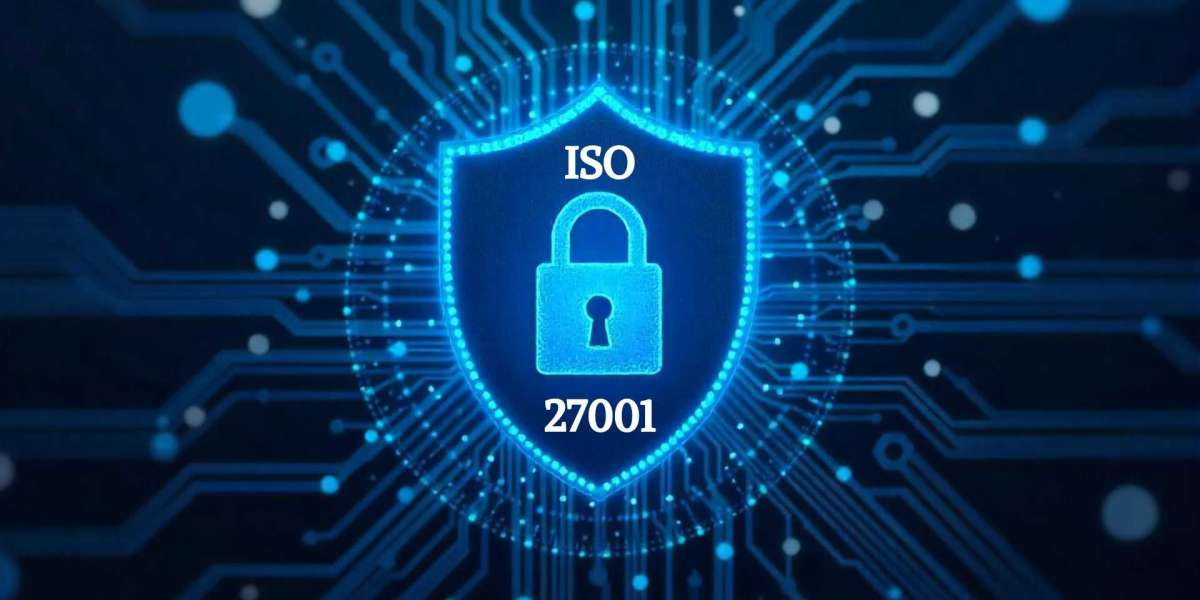Introduction
With the rapid digitization of services across sectors, information security has become a critical concern for organizations in Sri Lanka. ISO 27001, the international standard for information security management systems (ISMS), offers a structured framework to manage and protect sensitive data. As cyber threats and data breaches increase globally, Sri Lankan companies are increasingly turning to ISO 27001 certification to safeguard their information assets, build trust with stakeholders, and comply with legal and regulatory requirements.
Understanding ISO 27001
ISO 27001 sets out the criteria for establishing, implementing, maintaining, and continually improving an ISMS. It helps organizations identify potential security risks, apply appropriate controls, and ensure the confidentiality, integrity, and availability of information. The standard is applicable to all types and sizes of organizations, from IT companies and financial institutions to government agencies and healthcare providers. In Sri Lanka, the standard is often adopted by businesses seeking to align with international best practices and compete in global markets.
Importance for Sri Lankan Businesses
For Sri Lankan enterprises, ISO 27001 certification is more than a technical requirement—it is a strategic advantage. As the country strengthens its digital economy, clients and partners, both local and international, demand stronger data protection measures. Certification demonstrates a company’s commitment to cybersecurity and risk management, which is especially valuable in sectors like banking, telecommunications, BPOs, and IT services. It also helps organizations meet compliance requirements such as Sri Lanka’s Personal Data Protection Act.
Certification Process and Local Adoption
The ISO 27001 certification process begins with a gap analysis to assess current practices against the standard’s requirements. Organizations then work to develop a robust ISMS, train employees, and document security controls. External audits are conducted by accredited certification bodies to verify compliance. In Sri Lanka, awareness and adoption are steadily growing, with support from institutions like the Sri Lanka Standards Institution (SLSI) and local IT associations. Many companies pursue certification not only to improve internal controls but also to meet the requirements of international clients.
Challenges and Future Outlook
While the benefits of ISO 27001 are significant, Sri Lankan businesses may face challenges such as lack of awareness, high implementation costs, and limited expertise. However, as cyber threats continue to evolve, the demand for robust information security frameworks is expected to rise. Increased government initiatives, industry collaboration, and professional training programs are helping to bridge the gap and promote wider adoption of ISO 27001 across the country.
Conclusion
ISO 27001 Sri Lanka plays a vital role in enhancing information security for Sri Lankan organizations. As digital transformation accelerates, certification serves as both a protective measure and a competitive differentiator. By adopting ISO 27001, businesses in Sri Lanka can build resilience, protect sensitive data, and gain the confidence of customers and partners in an increasingly connected world.







